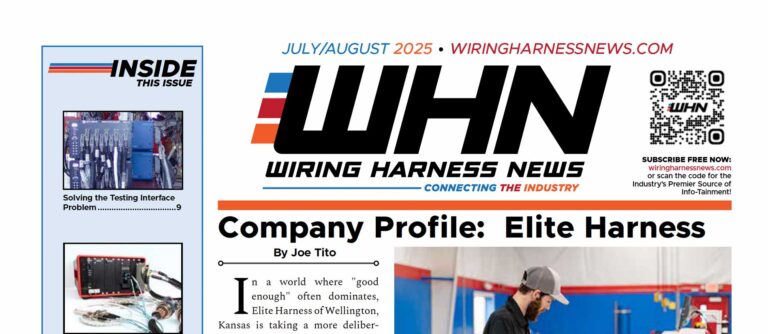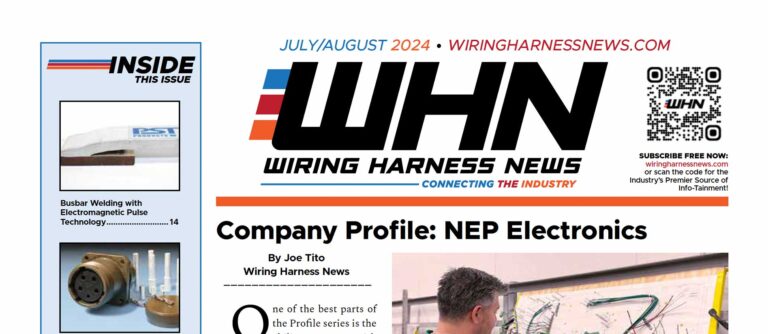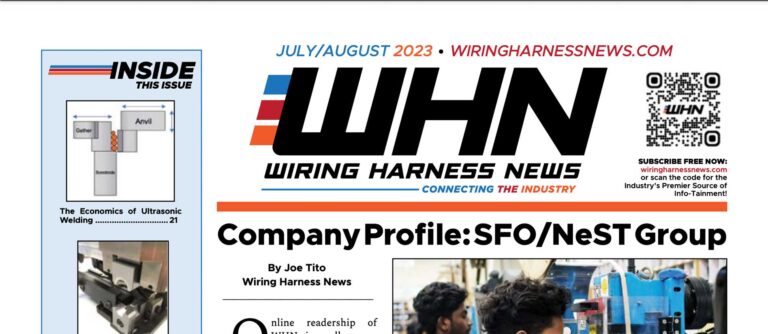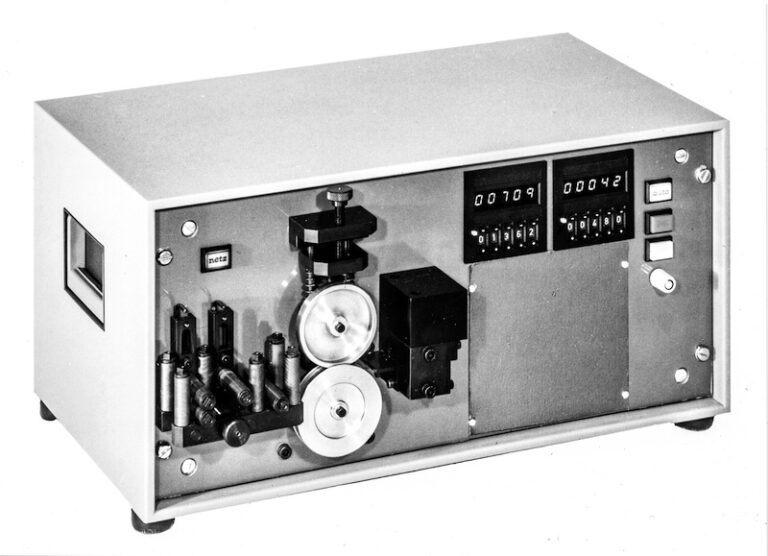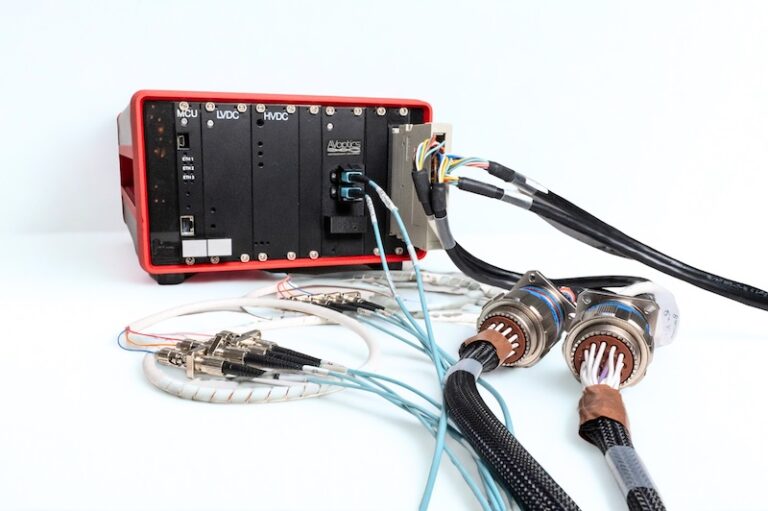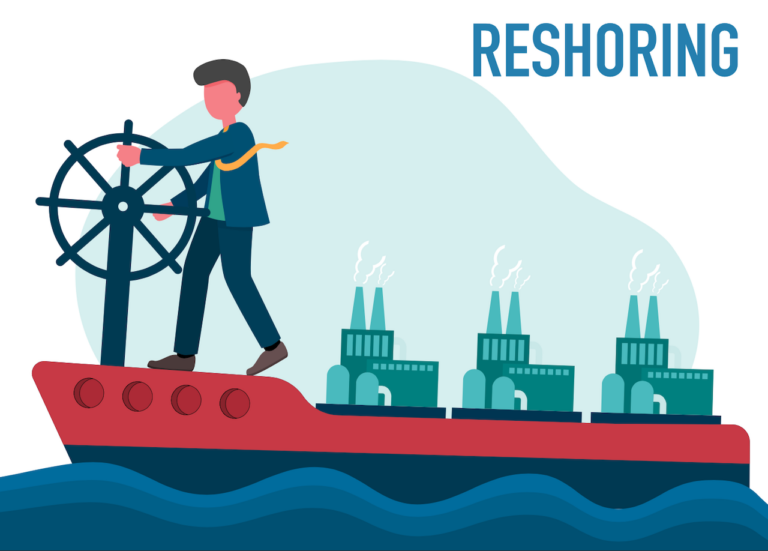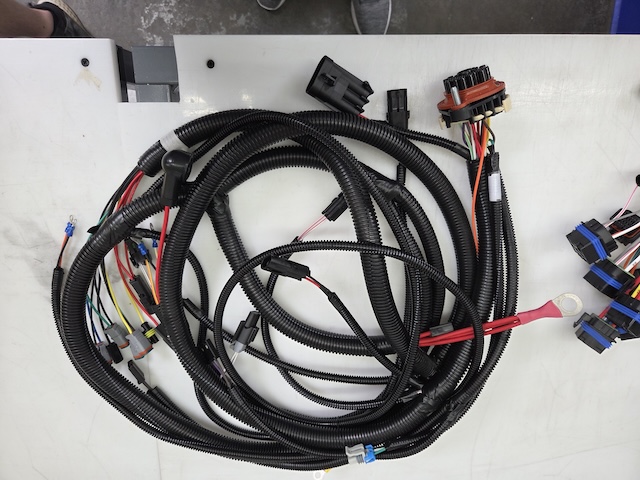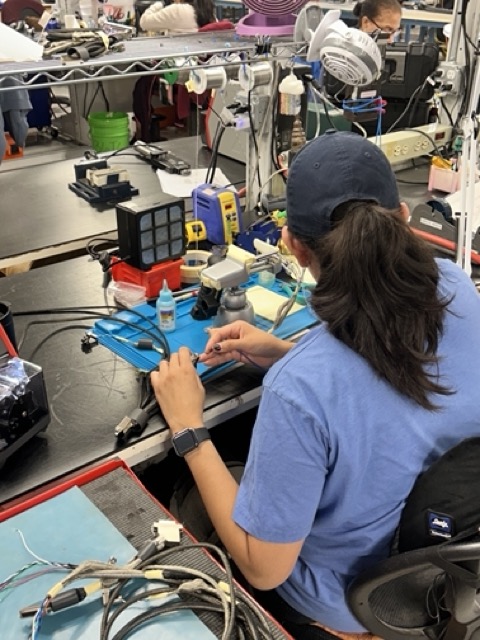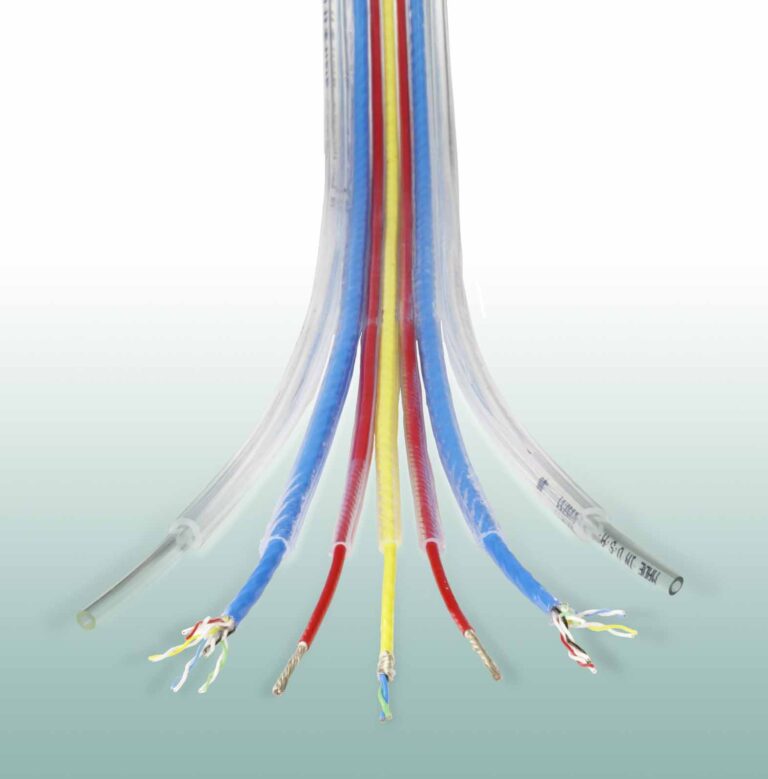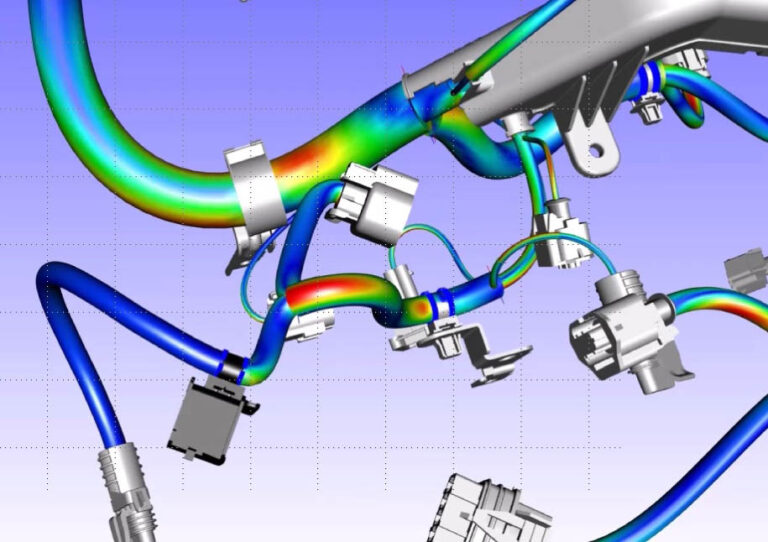It was one week away from my client’s closing date. Our agenda was to review any remaining information he needed to provide his attorney before we met the following day. But instead of a focused discussion, my client sat frozen—like a deer in the headlights. Deal fatigue had set in, and I could hear the fear in his voice: “For real…This sale is going to happen.”
If you’re a wire harness business owner contemplating a sale, I know exactly how you feel—I’ve been in your shoes, standing at the crossroads of opportunity and uncertainty.
I spent years building something from the ground up, pouring in time, energy, and a little bit of my soul. When the right buyer came along, my logical side recognized the opportunity. But emotionally? That was a different story. It’s one thing to advise a seller; it’s another to be the seller.
What caught me—and most owners—off guard was the emotional shift when the sale became real. I remember sitting across from a potential buyer, listening as they spoke about my business as if it were already theirs. They discussed operational efficiencies, growth strategies, and long-term plans—all of which made perfect financial sense. But all I could think was: I built those systems. Those processes have my fingerprints all over them. It was an odd mix of pride and protectiveness—like sending your child to college and hoping their new environment treats them well.
I see this same reaction in my clients. Owners who have spent decades running their companies suddenly find themselves second-guessing everything:
- Are they the right buyer?
- Will they take care of my employees?
- Should I hold on for a few more years?
These questions aren’t about numbers; they’re about identity. Because for many business owners, the company isn’t just what they do—it’s who they are.
At one point in my sale process, I nearly walked away. The deal terms were strong, and the buyer was solid, but I hesitated. It wasn’t about money. It wasn’t about logistics. It was the fear of what comes next. That’s when a mentor asked me a question that changed everything:
Do you want to be running this business five years from now?
I knew the answer immediately. I had built something valuable, and I was proud of it. But I had also taken it as far as I wanted to. The thought of staying on, grinding through the same challenges, and putting off my next chapter didn’t excite me. That’s when I realized—this wasn’t an ending. It was a transition.
Most wire harness business owners are practical. You’ve spent your careers solving complex engineering challenges, meeting tight deadlines, and making the impossible possible for your customers. But selling your business isn’t just a financial transaction; it’s a personal transformation.
I wish I had fully understood the importance of a post-sale vision before my sale. If your identity is tied to running your business, you must consider what comes next. Whether consulting, mentoring, or finally taking that fishing trip, you’ve put off for 20 years, a clear next step will help ease the transition.
Another key lesson? A buyer’s intentions matter—but so does their execution. Many sellers worry about their employees and company culture. A good buyer will tell you what you want to hear, but their actions speak louder than words. Watch how they handle the process:
- Do they respect your team?
- Do they ask insightful questions?
- Do they follow through on their promises?
The biggest mistake I see? Indecision. I’ve watched owners delay selling for “just one more year,” only to see market conditions shift, a key customer leave, or burnout set in. If the timing is right and the deal is good, hesitation can be your worst enemy.
Selling your business isn’t just about financial gain; it’s about positioning yourself for your next chapter. And while the emotions can be overwhelming, having the proper perspective makes all the difference.
I walked away from my sale with lessons I now bring to clients daily. I know what it feels like to be the seller—to struggle with letting go and to wrestle with the big What’s next? I also know that, when done right, selling your business can be one of the most rewarding moves you’ll ever make.
So, if you’re considering selling, don’t just focus on the numbers. Take a step back and ask yourself the same question my mentor asked me:
Do you want to be running this business five years from now?
Your answer might tell you everything you need to know.


